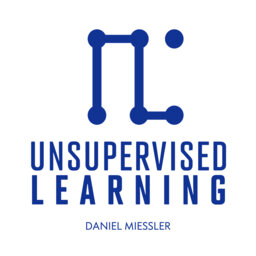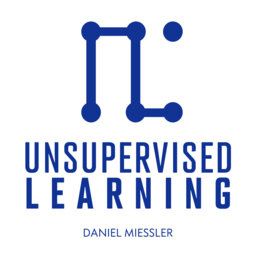UL NO. 452: The New Hotness: NotebookLM
China prepping for kinetic using cyber?, Automatic podcast creation using NotebookLM, VM + AI, and more...
Subscribe to the newsletter at:
https://danielmiessler.com/subscribe
Join the UL community at:
https://danielmiessler.com/upgrade
Follow on X:
https://twitter.com/danielmiessler
Follow on LinkedIn:
https://www.linkedin.com/in/danielmiessler
See you in the next one!
 Unsupervised Learning
Unsupervised Learning


